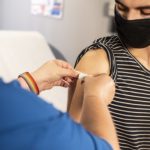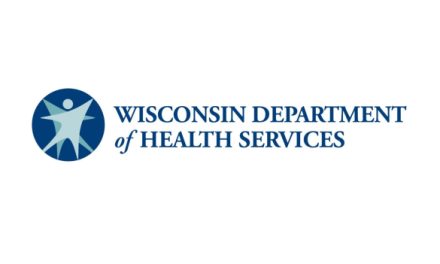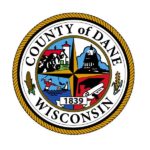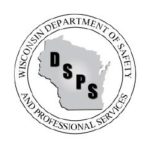
UW-Madison seeks participants for innovative study of technology to help independent elders
UW-Madison seeks participants for innovative study of technology to help independent elders
Study to recruit from Milwaukee, Waukesha, Sauk and Richland counties
MADISON—The University of Wisconsin-Madison is looking for 600 people older than 65 to participate in a five-year clinical trial to determine if computer technology can help independent seniors with decision-making about their health.
The technology called ElderTree will address major topics of concern to older people, including falls, medication management, driving, loneliness and isolation. Participants may receive laptop or tablet computers, or downloads on their cell phones.
Funding for the study comes from a $10 million grant from the Agency for Healthcare Research and Quality. UW-Madison is the only institution in the country to conduct such a study. Its School of Medicine and Public Health, Institute on Aging, and Comprehensive Health Enhancement Support System (CHESS) are all involved.
According to Dr. Dave Gustafson, a professor of industrial and systems engineering at the UW Madison College of Engineering and director of CHESS, the 600 participants will be chosen equally in four Wisconsin counties that have different residential environments: Milwaukee (urban), Waukesha (suburban), and Richland and Sauk (rural).
Dr. Jane Mahoney, a geriatrics researcher and professor at the School of Medicine and Public Health, is the primary investigator for the falls-prevention and medication-management features. She said ElderTree will offer a tailored approach for patients who have a history of falls and will help minimize the risk.
“It provides information on vision problems and medications that may be responsible, and exercises for better strength and balance,” she said. “We think for older adults, it’s important to make things active in real time. We’re going to put new videos about falls prevention on the Internet and allow participants access to chat sessions with other patients and falls-prevention experts. We want the participants to take power and control over their risk for falls.”
Mahoney said ElderTree will also help patients with their medications, especially if those drugs include blood thinners or drugs to control diabetes.
“Improper usage of diabetes and blood-thinner medications constitute two main risks for hospitalization,” she said. “Participants will be surveyed once a week to see if they are having problems with their medications. If they respond they are having problems, we encourage them to go to their doctor to help prevent that major catastrophe from happening.”
ElderTree’s other features will include reminders on when to go to doctors’ appointments; weather conditions, such as snow or ice, that could lead to falls; and driving directions that limit left-hand turns, which are a major cause of traffic accidents involving older people.
“We hope that at the end of the study we’ll have a useful Internet-based technology that older adults and their loved ones will want to use to help them stay safe and independent in their homes or apartments,” Mahoney said. “It helps people identify their own risks and then start a plan of care to make them safer and healthier. We hope if this is successful, we can disseminate this widely across the United States to help benefit older adults and their families.”
Participants must be 65 years or older and will be screened in a phone interview to determine if they qualify for the study. They will be asked to complete four surveys about the technology over 18 months.
There is no charge, and it is not necessary to have access to a computer or the Internet. For more information, call (608) 262-8448 or toll-free (800) 480-9223.





